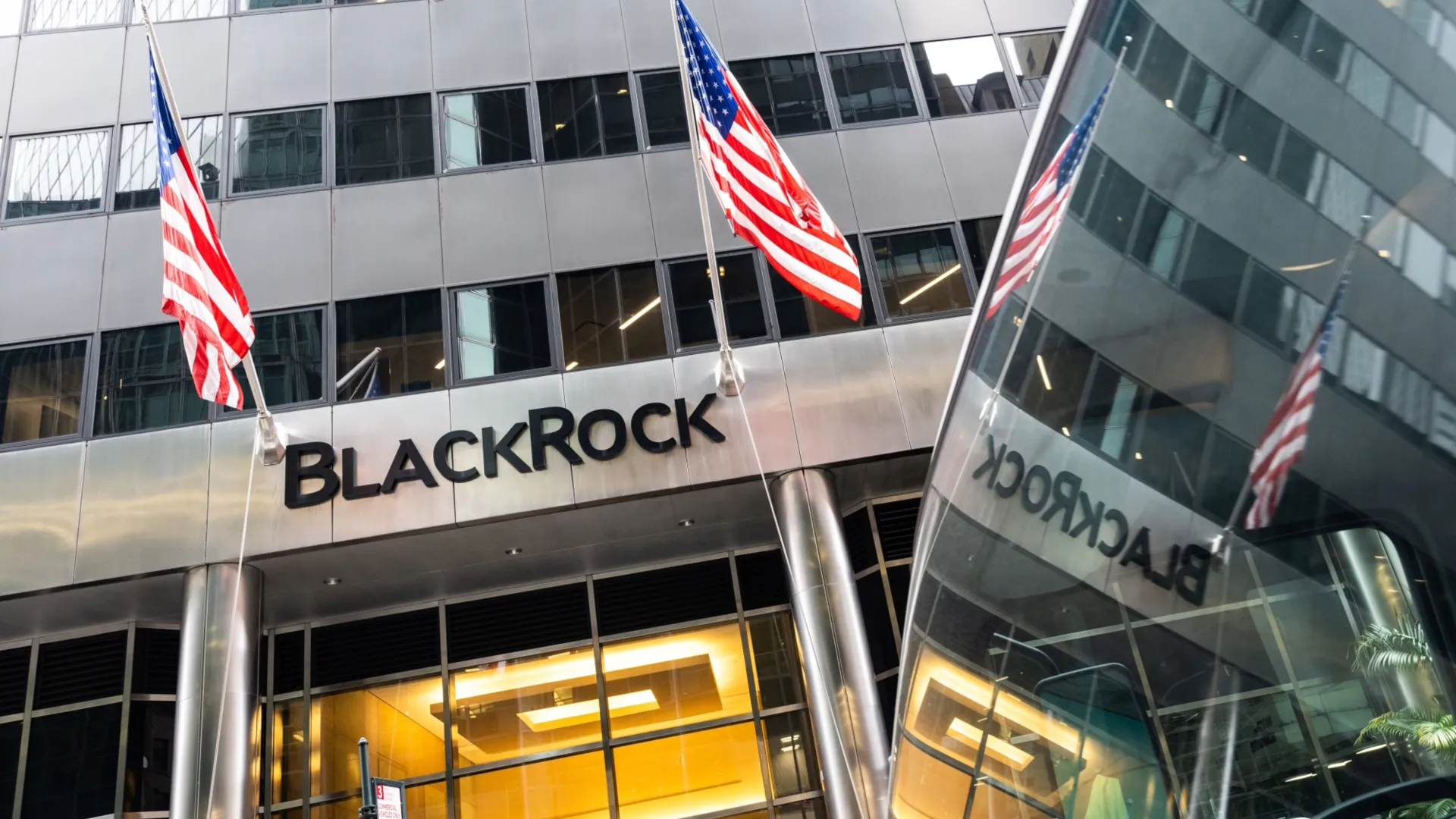
- Uncategorized
BlackRock becomes the largest Bitcoin ETF
Do you want to know how to make money from this?
Register for free and get expert advice, access to a training course and webinars.
Key points:
- BlackRock’s iShares Bitcoin Trust has reached $20 billion in assets since listing in January 2024.
- Grayscale Investments was initially in the lead, but ran into difficulties (sales pressure, high fees).
- Some hedge funds have already invested in the new ETFs, while other institutional investors are still cautious.
The iShares Bitcoin Trust, BlackRock’s Bitcoin-focused exchange-traded fund, has become the world’s largest fund focused on the cryptocurrency. The fund’s total assets have reached almost $20 billion since its listing on US stock exchanges in January of this year.
On Tuesday, May 28, the fund owned bitcoins worth $19.68 billion, which allowed it to overtake the Grayscale Bitcoin Trust, whose assets totaled $19.65 billion. Bloomberg cites these data, citing its own calculations.
Bitcoin ETF launch results
The Grayscale Bitcoin Trust’s dominance in the Bitcoin ETF market was short-lived. In January, when nine new ETFs hit the market, Grayscale had about $29 billion in assets. But the fund has since experienced outflows and its leadership has eroded.
Market analysts are closely monitoring capital flows into the BlackRock and Grayscale Bitcoin Trust ETFs. That’s because in January the U.S. Securities and Exchange Commission (SEC) approved the launch of nine new ETFs and the conversion of Grayscale’s publicly traded trust into an exchange-traded product.
The SEC, led by crypto skeptic Gary Gensler, has rejected applications for spot Bitcoin ETFs for more than a decade due to concerns about market manipulation. However, in January, after Grayscale Investments won the lawsuit, the regulator approved them.
Grayscale’s victory was short-lived. Since trading began on January 11, the fund has faced constant outflows.
Currently, leadership in the Bitcoin ETF market has passed to BlackRock’s iShares Bitcoin Trust, whose assets reached $19.68 billion, surpassing Grayscale’s $19.65 billion.
Competition between Blackrock and Grayscale
Thus, BlackRock displaces Grayscale from its leading position in the spot Bitcoin ETF market. Although Grayscale was a pioneer in this area, BlackRock has managed to leapfrog it thanks to its powerful distribution network.
Analysts note that being first does not always mean being the best. Grayscale, facing a number of challenges from the start, including sales pressure and high fees, was unable to maintain its lead. BlackRock, in contrast, has benefited from its established relationships with independent financial advisors and asset managers.
While some hedge funds have already invested in the new ETFs, other institutional investors are remaining cautious. The situation clearly demonstrates that competitive advantage in such a dynamic market can quickly be lost.
Do you want to know
How to make money from the news
Register for free and get:
- Expert consultation;
- Access to the training course;
- Opportunity to participate in webinars

